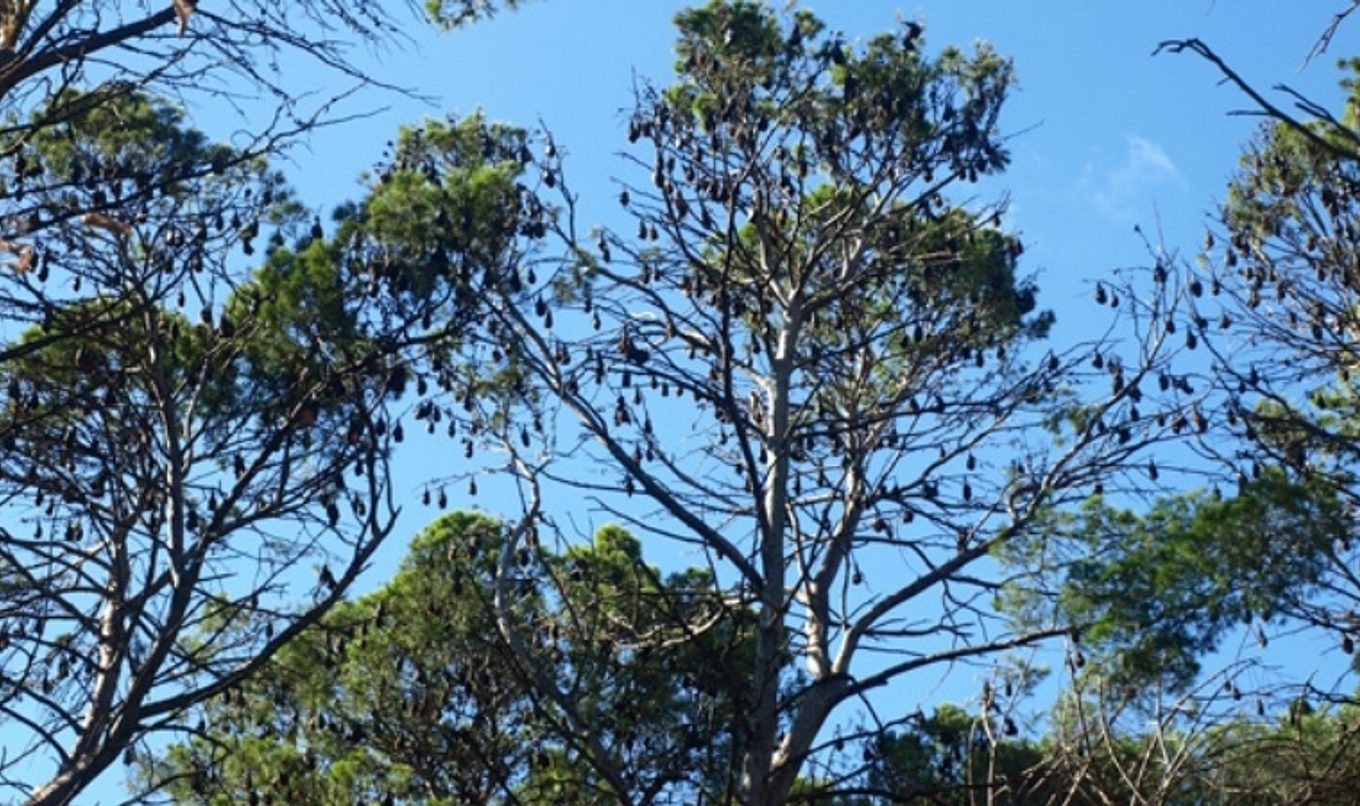Avoid contact with bats
South Australians are being reminded not to handle bats, as temperatures soar, increasing the likelihood of bats and bat pups falling to the ground from heat stress.

Department for Environment and Water ecologist Jason van Weenan said any contact with a bat can be potentially dangerous and the animals must only be handled by appropriately trained and vaccinated bat handlers.
“Bats can carry a range of serious diseases that can be transmitted to humans if they are bitten or scratched by an infected bat, including Australian bat lyssavirus (ABLV), which causes rabies,” Mr van Weenan said.
While less than one per cent of Australian bats carry ABLV and no human cases have been recorded in South Australia, there have been three reported cases of rabies from ABLV in Australia since 1996, and all were fatal.
Last year there were nine bat exposures in South Australia that required precautionary treatment, including rabies immunoglobulin and rabies vaccine.
“Like most wild animals, healthy bats are naturally shy and will not approach humans or allow themselves to be handled,” Mr Van Weenan said.
“However, during summer it’s more common to see bats, particularly young flying foxes, on the ground as they are stressed by high temperatures.”
“It’s highly likely, when temperatures are in the high 30s and low 40s, that we will see young grey-headed flying foxes succumbing to heat stress at the colony at Botanic Park.
“The size of the colony has reduced slightly in recent months and is now estimated at around 17,000 bats.
“Temperatures over 40 degrees pose the greatest risk to pups, and a significant number are likely to die over summer.
“If you see a large or small bat on the ground - living or dead - do not touch it under any circumstances. Instead contact Fauna Rescue’s 24-hour bat helpline on 0475 132 093.”
If you are bitten or scratched by a bat, take immediate action by:
- Thoroughly washing the wound with soap and water
- Applying an antiseptic solution such as povidone-iodine
- Seeking immediate medical attention from a GP or hospital emergency department.
Treatment provided as soon as possible after exposure can prevent disease.
Bats play an integral role in the ecology of the natural environment and are protected in Australia under State and Commonwealth law. In metropolitan Adelaide and surrounding areas, the most common species are grey-headed flying-foxes and microbat species.
If you do come across a bat that appears to be dead, injured or in distress, contact the Fauna Rescue’s 24-hour bat helpline: 0475 132 093.
For more information about bat safety, visit SA Health’s website www.sahealth.sa.gov.au.
For more information about grey-headed flying foxes, visit www.naturalresources.sa.gov.au.

